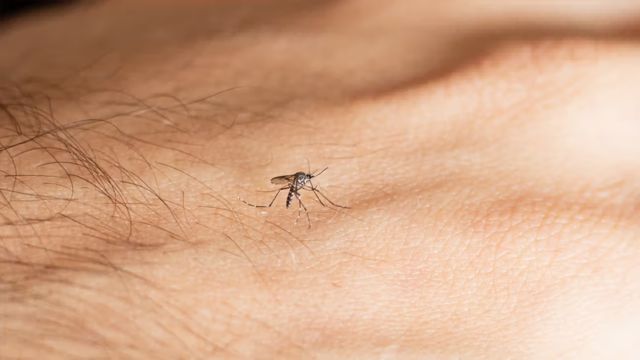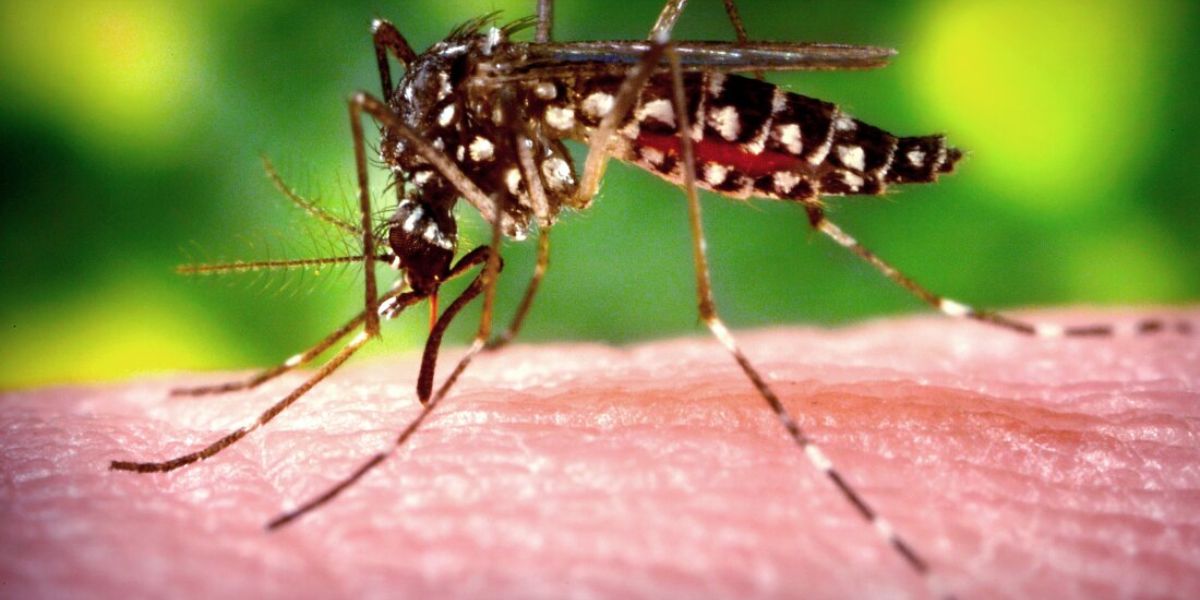USA Dengue Fever Is Increasing! Find Out How to Avoid Getting Bit by Mosquitoes While Traveling
DEBARYLIFE –
This week, two confirmed instances of locally acquired dengue fever in the Florida Keys were reported by Florida health officials, following a warning from the Centers for Disease Control and Prevention just days earlier about the heightened risk of dengue virus infections in the US. The alert indicates that the virus did not infect the afflicted individuals while they were traveling.
The World Health Organization had earlier issued a warning that dengue’s “unprecedented” global surge posed a “substantial public health challenge” with a high risk of increased transmission in many parts of the world, including the Americas, Africa, and Asia.
Puerto Rico had declared the mosquito-borne disease a public emergency in the spring. The CDC and Florida advisories follow these actions.
The CDC reports that as of 2024, upwards of 9.7 million cases have been documented in Latin America, making the situation particularly dire there. By the way, we’re only halfway through 2023, and that’s double the number the region reported for the entire year.
Here’s what visitors should be aware of.
According to the World Health Organization, dengue is a virus that is carried by mosquitoes. Tropical and subtropical regions are where the virus is most prevalent.
The CDC estimates that just 1 in 4 persons who catch dengue will become unwell. There are both moderate and severe symptoms among them. The severe kind may pose a threat to life.
What signs of dengue are present?
Mild dengue frequently manifests as a fever, rash, nausea, vomiting, and aches and pains in the eyes, muscles, joints, and bones. It normally takes two to seven days for symptoms to appear.

Severe dengue, on the other hand, can occasionally occur and cause shock, internal bleeding, organ failure, and even death. If you begin to feel pain or soreness in your abdomen, bleeding, or extreme exhaustion, you immediately get emergency medical attention. It could be necessary to stay in a hospital.
According to NBC News, those who have already caught dengue are more susceptible to developing serious infections. A person can contract the illness up to four times in their lifetime because there are four different virus strains that cause it.
Does dengue have a vaccine?
The Washington Post claims that Dengvaxia is the only vaccination that is authorized for use in the US. It offers defense against all four forms of dengue, but as of right now, it’s only authorized for children between the ages of 9 and 16 who reside in high-risk regions like Puerto Rico. Furthermore, supplies are predicted to run out by 2026.
SEE MORE –
Florida’s Rural Healthcare at Risk: New Law May Force Closure of Inpatient Beds
No recognized treatment exists for the virus. Avoiding being bitten by an infected mosquito in the first place is the best line of action.
Dengue fever is spreading where?
Given the affinity of mosquitoes for hot and humid environments, countries with tropical and subtropical climates typically have the greatest rates of illnesses spread by mosquitoes.
There have been many outbreaks in tropical areas of Africa; according to WHO data, Burkina Faso recorded the highest number of cases on the continent in 2023, while Mauritius saw its first-ever substantial dengue rise this winter and spring.
In recent years, Bangladesh, Malaysia, Thailand, and Vietnam have reported increasing rates of dengue illnesses.
The WHO’s color-coded map tracking 2024’s global cases is dark red in much of South America, indicating the severity of the viral surge in places such as Brazil, Argentina, Peru, and Colombia.
As for the United States, the CDC’s tracker has logged a total of 2,241 infections for 2024 so far—and 1,498 of them were in Puerto Rico. Next comes Florida (with 197), New York (134), and Massachusetts (50). To put that into perspective, only 205 U.S. cases were logged in 2021.
Why is dengue getting worse?
One likely culprit is climate change, the Washington Post found. If mosquitoes like warmer, wetter weather, after all, there’s now more of that to go around—and in more places.
You’ll note, for instance, that two of the U.S. locations experiencing a dengue spike mentioned above—New York and Massachusetts—haven’t historically been known for their tropical weather. But as heat and storms increase throughout the world, the number of mosquitoes and transmissions of the many illnesses they spread are bound to go up as well.
How to prevent mosquito bites when you travel
Find out whether you’re visiting an area with increased risk of dengue. The CDC maintains a helpful database, with country-specific advice and information to help you plan and pack accordingly.
Use insect repellant. Make sure the product you select is approved by the Environmental Protection Agency, and always read the instructions on the label for important info about application, reapplication, and whether the product is safe for children.
Wear loose-fitting, long-sleeved shirts and pants when you’re in places with higher risks of encountering mosquitoes.











